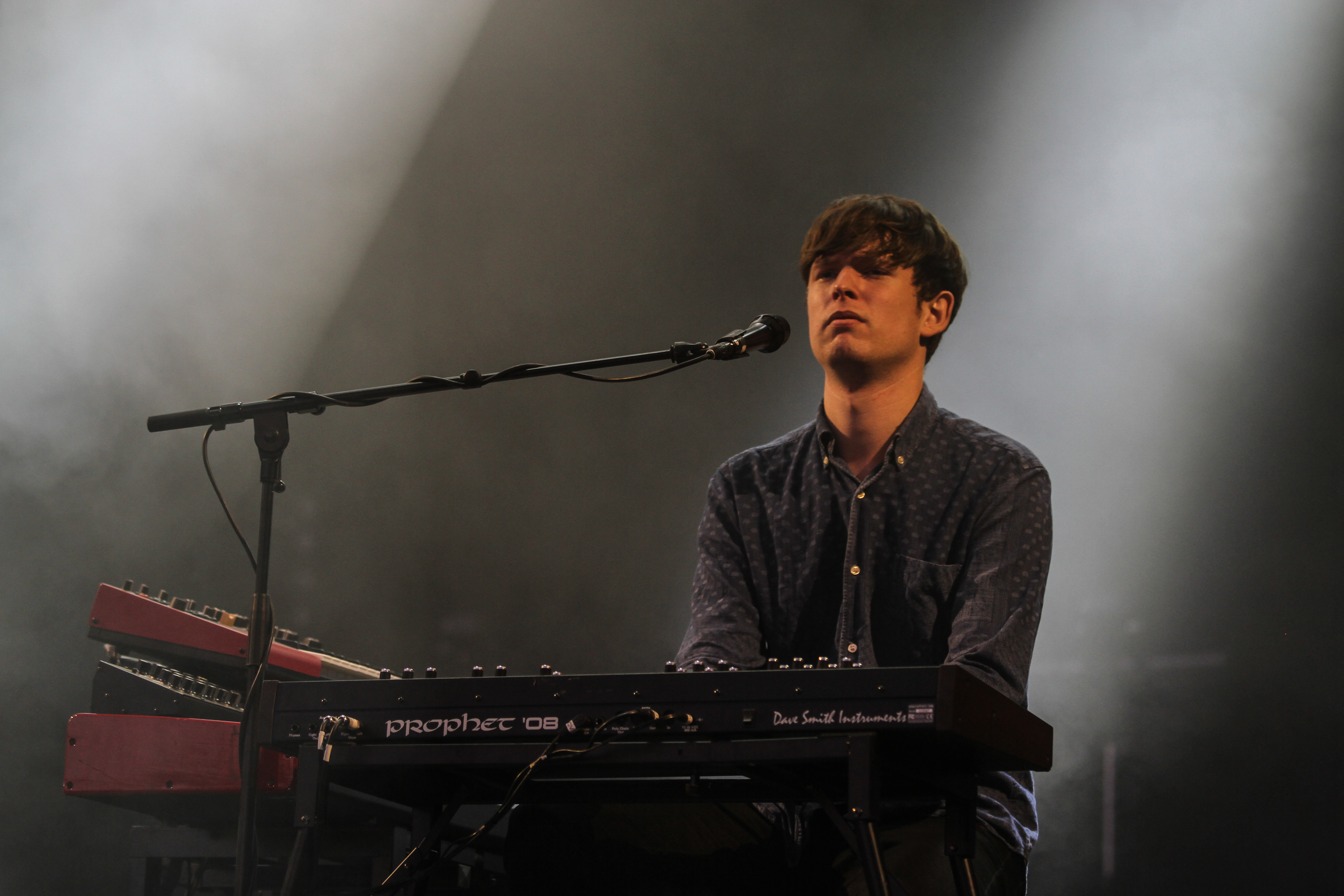Arriving in to Brighton’s The Islingword on Queens Park Road, as I ordered a pint and briefly squinted to see the football score before sitting down, I heard something genuinely surprising make its way to my ear, past the sporting clatter and some darts-related argument behind me. The titular track of James Blake’s newest album, ‘Assume Form’ was just about making its way through the noise that Saturday evening. Struck by the sheer surprise of hearing Blake, who many would probably (and justifiably) consider the least likely contender for pub-culture weekend boozer master of musical ceremonies, I wondered if Blake could ever have imagined that scenario when he began making post-dubstep beats in his home studio.
There has always been something quite remarkable about his wide, overreaching success given the often heady and melancholic nature of his music. His mercury prize win for ‘Overgrown’ back in 2013 was deserved and inevitable, and since he has made a name for himself as a typical musician’s musician, with a massive but seemingly invisible fanbase.
Assume Form adheres to that model but takes him beyond in many unexpected ways that reward repeated listens.
He has found a sonic warmth that pulls him out of the almost overly-impounding depression of his previous work.
It is a bold album. Songs can often stop and switch on the spot, like how the soul-sampling ‘Can’t Believe the Way We Flow’ seems to cut out halfway through and reintroduce the loop as if it was all just a glitch. He continues to experiment with new sounds and arrangements that are alien to the ears on first listen but grow warmer with time.
His drift towards hip-hop seemed initially surprising when he announced a feature list including big hitters like Travis Scott and Metro Boomin before releasing the album, but it feels natural when you see some of its influence in his earlier work. Trap-style hi-hats that have always existed in some way come through more overtly and significantly here, and a rhythmical commitment to hip hop is definitely more signposted.
The inclusion of the Travis Scott-lead ‘Mile High’ is in many ways the biggest high the album reaches, and enables the subtle and layered presence of hip hop on the album to mold with his own style. Blake’s own voice, that has always been innately emotionally weighty, can seem at odds with Scott’s skyline euphoria, but the track holds back from full trap star status with moody details and treated vocal layers.
The album as a whole is quite dreamlike. He has found a sonic warmth that pulls him out of the almost overly-impounding depression of his previous ‘The Colour In Anything’ (still an excellent album all the same). In this vein, we discover quickly, and consistently throughout, that he is quite in love. It can seem overwrought by the back end of the album, as if Blake knows no else to write about, but then that is a theme of each of his records.
It does, however, allow for some lovely lyrical moments. He expresses how ‘By all means, she can get ahead of herself/ I’d already be there to meet her’ on ‘Into The Red’, the point where the album really comes in to its own. Blake twists the feeling of love’s metaphoric gold rush with a growing melodic rush that is beautiful, but with just enough darkness to stop it feeling sickly. He also captures the incredible vulnerability of love that can be so scary to many on ‘Power On’, but appreciates the importance of it with ‘where I least want you to look you carry on’.
Elsewhere in the album, ‘Barefoot in the Park’ with emerging pop superstar ROSALÍA is an at times haunting, at others intoxicating reimagining of the Neil Simon play that, musically, sounds truly original. ‘I’ll Come To’ makes Blake seem a fairly needy lover in an off-kilter sonic paean to classic Hollywood, where lush strings swim around his desire to follow love to a multitude of luxurious locations. Any chance to hear Andre 3000 is a real treat, and he doesn’t let down on ‘Where’s the Catch?’, staking a claim for the most unlikely hip hop track of the year in its first month.
The parts come together to form what can only be a quite remarkable whole. It provides a typically tender but surprisingly bold openness to love and selfhood that is vivid and feels genuinely true to life. Unlikely as it may be, Blake may have made a claim for the year’s best pop output in its first month.

